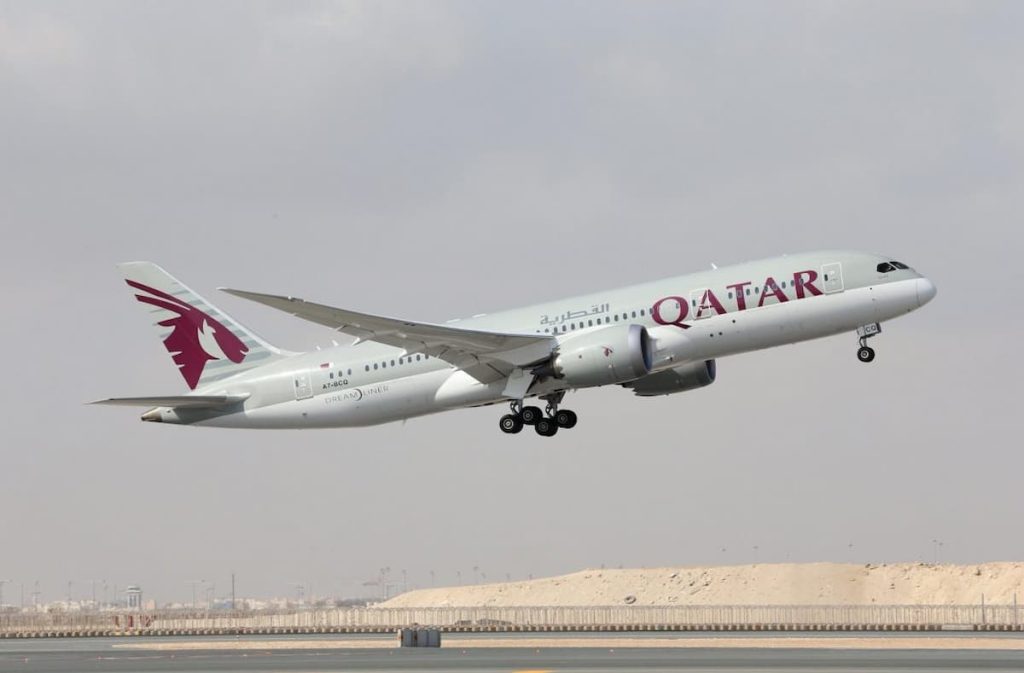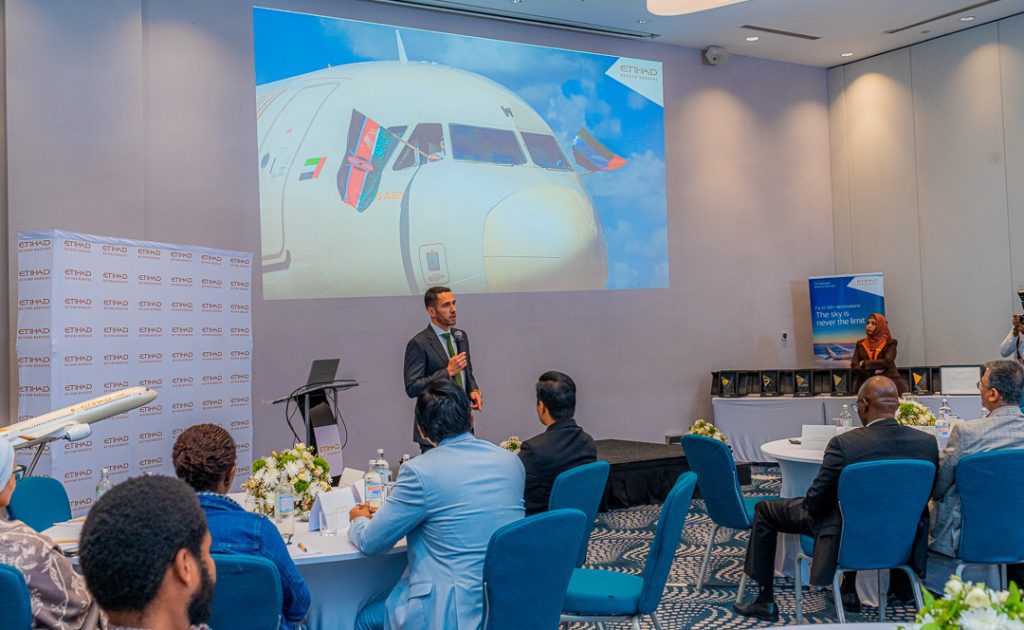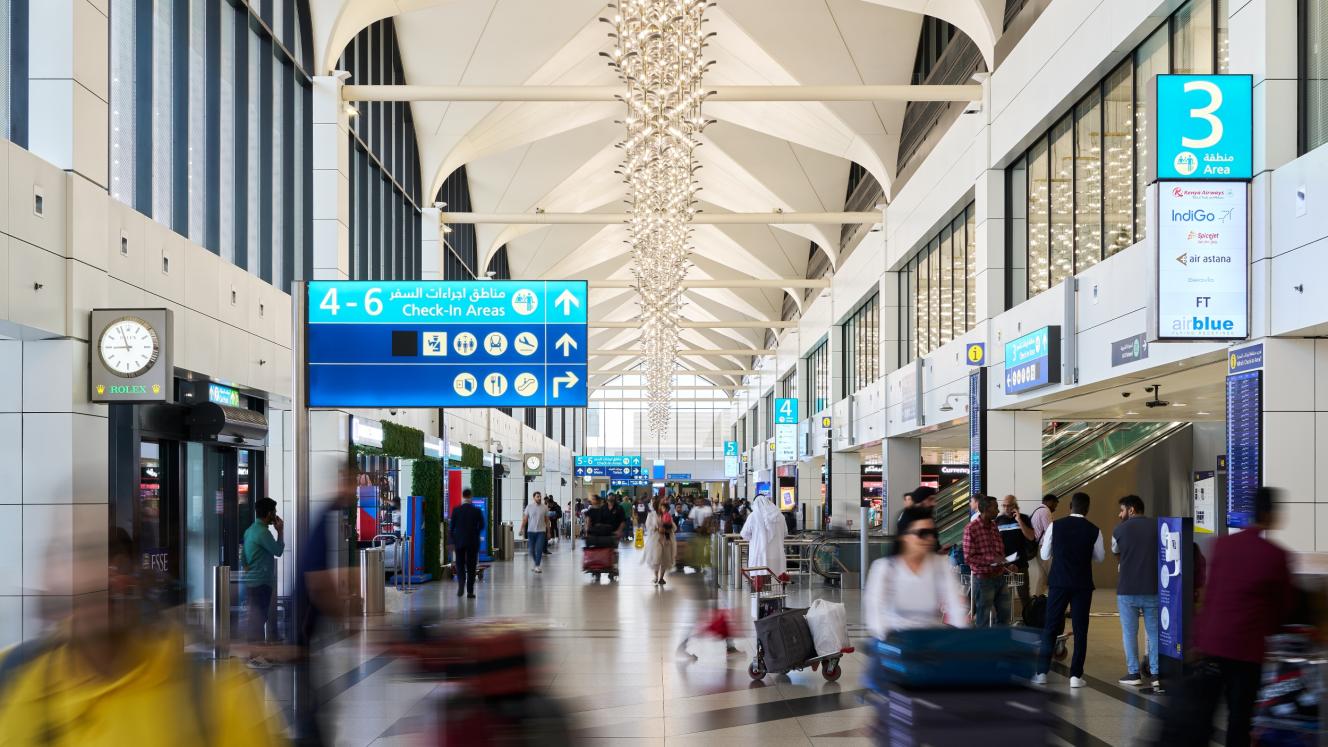Ghana, working with the African tourism community, has kicked off the Trans-Africa Tourism and Unity Campaign to create visa-free travel across the continent. Launched in Accra, the initiative targets the visa hurdles that hold back the movement of people and goods. By making travel easier, the campaign hopes to boost tourism, deepen regional ties, and tap into the potential of Africa’s 1.4 billion people and $3.4 trillion economy. This news arrives at a crucial time for Africa’s tourism sector, as leaders recognize that better regional links are essential for future growth.
During the launch, Ghana’s Chief of Staff, Julius Debrah, stressed that stronger African ties depend on lifting visa restrictions. He said that easier travel would raise tourist numbers and open new trade and business paths. The campaign’s goal is a borderless Africa in the next five years, creating a continent that is a single destination for tourists and companies. By tackling the current travel rules that fragment the market, the initiative aims to build a more connected and thriving Africa.
Trans-Africa Tourism and Unity Campaign: A Call for Action
The Trans-Africa Tourism and Unity Campaign is an epic journey covering 40,000 kilometers of our continent. Led by activist Ras Mubarak, the campaign will run for 163 days. Along the way, Mubarak and his team will meet African heads of state, deliver keynote speeches, and make the case for visa-free travel. Their goal is to spark tourism growth and fuel economic progress. Each country they enter, they will hand deliver letters urging leaders to tear down the travel barriers that have held Africans back for too long.
The chosen route will serve as a living map, painting the picture of Africa as a single, vibrant tourism destination. Along the way, the team will sit down with tour operators, public policy experts, and community groups. Their message is simple: a borderless Africa is not just a dream—it is an economic engine. When people struggle to cross a neighboring border, the result is wasted talent and missed chances. Young people cannot find jobs, entrepreneurs are blocked from new markets, and local farmers cannot sell their produce. This campaign is about turning that friction into growth.
Tourism Growth and Regional Integration for Africa
Africa’s tourism industry is poised for explosive growth thanks to the Trans-Africa Tourism and Unity Campaign. If we drop the visa red tape and promote freer movement, tourist numbers will soar. Imagine hopping from the white sands of Kenya’s coast to the windswept dunes of Morocco, or moving between the ancient treasures of Ethiopia and Egypt. When we package the continent as one seamless destination, we pull in bigger crowds from around the globe.
Right now, many African explorers hit a wall because visas and hefty fees stand in their way. The Trans-Africa campaign is here to change that. With visas gone, travel between African nations opens like a book, and visitors can create richer, longer journeys. Boosting inter-regional trips will weave together tourism networks, create more jobs, and pump new life into local economies. Cultural exchange will thrive, too, as villages, markets, and festivals connect the continent in a dance of color and rhythm.
African countries stand to gain significantly from the rise of tourism across the continent. As more visitors arrive, hotels, tour guides, restaurants, and transport services will experience greater demand. This uptick will create jobs and prompt the construction of better tourist facilities. When countries work together to promote travel within Africa, they can pool natural resources, strengthen partnerships, and uplift each other’s tourism sectors.
Challenges and Solutions for a Borderless Africa
Even though the case for the Trans-Africa Tourism and Unity Campaign is clear, building a borderless Africa faces serious obstacles. Strict visa rules, diplomatic disagreements, and lingering political tensions can still slow progress. Yet, as Mubarak and his team journey from nation to nation, they will champion the common good by pushing to erase the barriers that keep Africa from becoming a top global tourist destination.
Policy change alone will not be enough. Education and community engagement are equally important. Campaign leaders are teaming up with local residents, travel businesses, and civic groups to explain how free movement can uplift entire communities. This grassroots dialogue will help guide governments toward visa-free travel for all Africans, turning the vision of open borders into everyday reality.
The Future of African Tourism and Connectivity
The Trans-Africa Tourism and Unity Campaign is more than just a plan; it’s a hopeful road map for the African continent. When regional borders blur and people move freely, we unlock a treasure of economic growth and shared cultures. If we keep the momentum, Africa could shine as a top global tourism hotspot, inviting travelers to dive into its rich tapestries and one-of-a-kind wonders.
At its heart, this campaign seeks a mighty yet simple dream: a united Africa where countries lift each other up. Picture countries pairing up on tourism projects, small businesses sharing best practices, and travelers hopping between capitals as easily as changing a bus. By streamlining visas and smoothing out transport, Africa will transform into one living, breathing destination, buzzing with chances for learning, earning, and connecting.
Source: TravelAndTourWorld




























